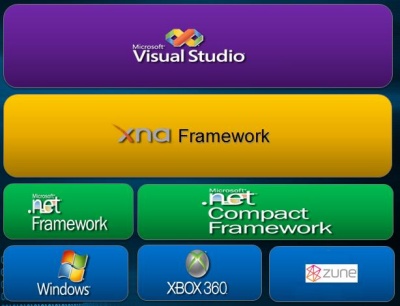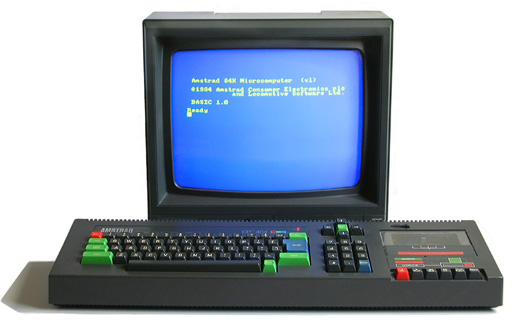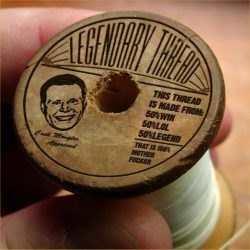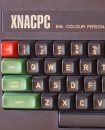XNACPC: Xbox 360 Amstrad CPC Emulator, released!
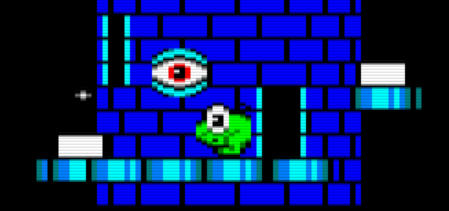
On and off during the last month or so, I’ve worked toward finishing a project I wrote about last year. It’s an Amstrad CPC Emulator, written in C# using the Microsoft XNA library. I’ve written plenty about the background and motivation in the previous blog post. This post is just here to announce the finished product, and touch a little on the things I’ve worked on recently.
The picture above is from Hewson’s “Nebulus”. Now that the emulator has a pretty complete feature set; games like these are very playable now. It makes a world of difference having the audio fully working now, for example. It also is great to finally be able to play at the original, full frame rate on Xbox 360. Surprisingly the 360 had trouble emulating this seemingly primitive machine!
Anyway, after the jump is a video showing the emulator in action on the 360…


![[ThreadStatic] [ThreadStatic]](http://www.gavpugh.com/wp-content/uploads/2010/11/Thread2.png)
